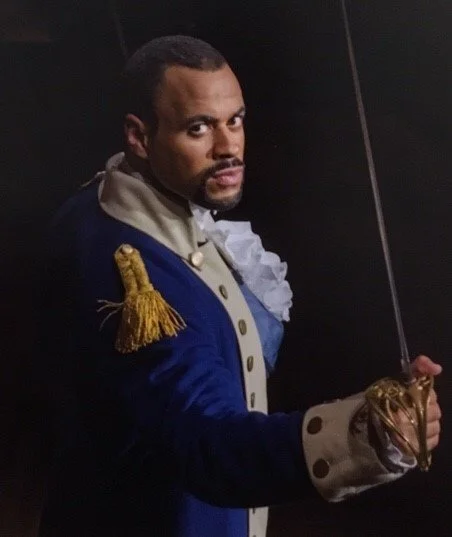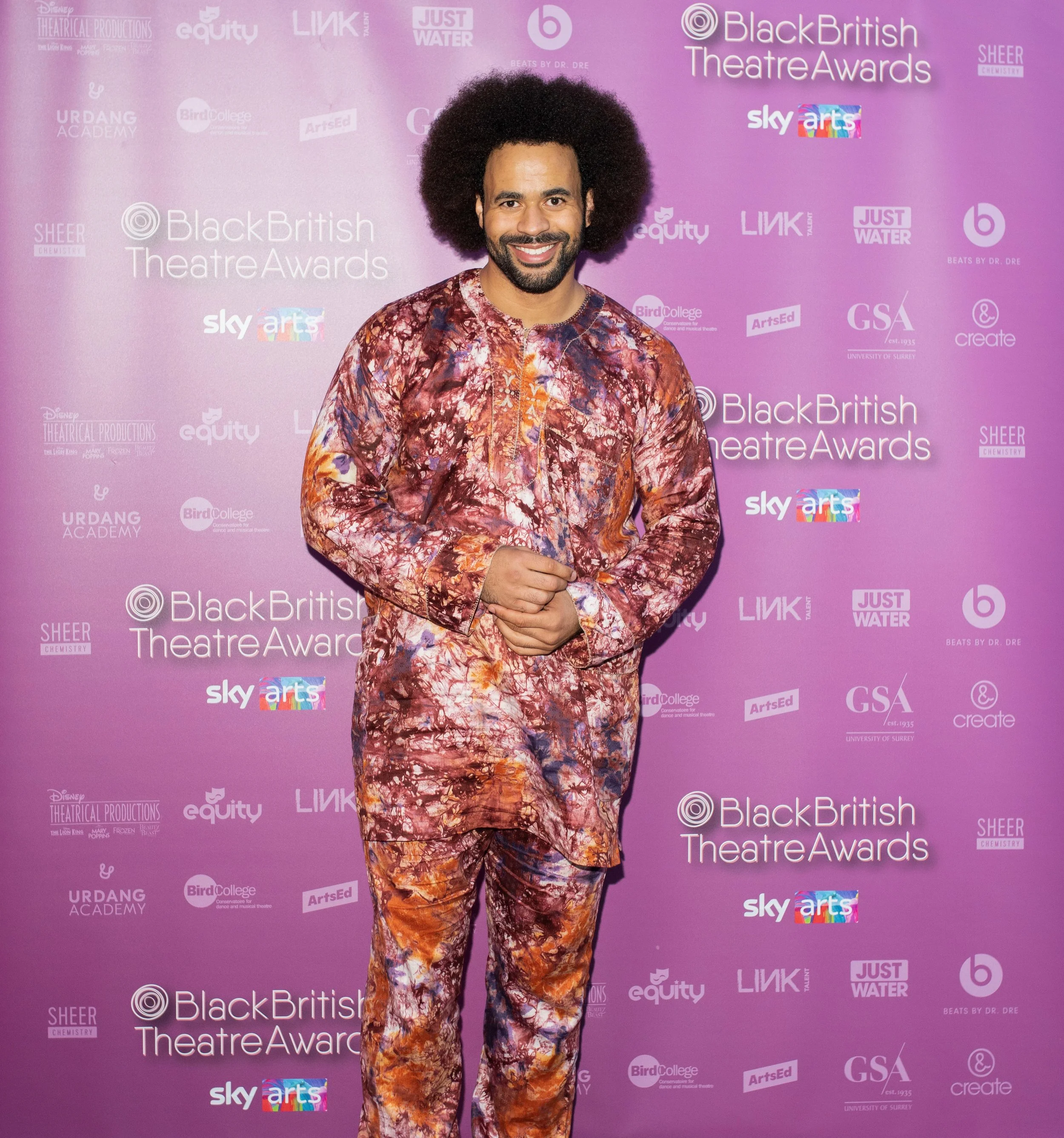Obioma Ugoala
A London Irish Story as told to Anna Johnston
“I grew up in Holloway, as part of the Irish community around Holloway, Archway and Tufnell Park. My grandparents were from Ballina in Co. Mayo and Ballyfermot in Dublin. I’ve still got family that I visit around Ballyfermot but with Dublin housing prices, a lot of my relatives have had to move out of Dublin now which means everyone is a bit more scattered which makes it harder to see everyone when I visit. My mum was an only child of two Irish parents and was born in London. All my first cousins are Nigerian and are on my father’s side because of my mother being an only child. Growing up we would travel over to Ireland for Easter or during the summer to keep the Irish side of my heritage alive. I always felt very at home in Ireland especially on the West Coast, it's such a different pace of life compared to London which is amazing. As a young boy I used to do Irish dancing at St. Joseph's until I started getting teased for it as I was the only boy in the class. It’s something that I slightly regret being teased out of as I admire Irish dancing so much now.
I used to play the tin whistle but because I went to school a bit too far away from home, it made it harder to attend the classes. Looking back, I really appreciate growing up with that London Irish community in North London, it was a lot of fun.
As a child, my parents had a Volkswagen nine-seater, and we would drive from North London to Holyhead in Wales to get the Ferry to Ireland. The car would be filled with my brothers and whichever scallywags that my mom had been corralled into bringing over, be that foster children, or some of my Nigerian cousins. We would get to Dublin port at 8am in the morning and my mums aunt would have a huge Irish Breakfast for us in her house in Dublin. We would then drive from Dublin to visit cousins in the west. I have some great memories of playing on the sand dunes out there. I was over in Ireland recently, back in September for a fiftieth birthday. I was able to use my time there as a bit of a writing retreat. The slower pace of life allows me a moment to sort of breathe in, and just chill out a bit and get some writing done.
I feel lucky to have become a West End performer. I went to a school which had a good music department and the school choir I was a part of sang on film soundtracks and toured quite a lot. We were on soundtrack for Lord of the Rings, Sleepy Hollow and one of the Harry Potter films.
It was amazing that before I turned 18, I had the experience of being a performer. Growing up the people who were in Phantom of the Opera, or Les Misérables, or Chicago never looked like me. So, when it came to training in drama school, the idea of doing musical theatre didn't really cross my mind. I didn’t want to be in the Lion King and that was the only show that I thought would cast me. Getting on the West End was helped by the fact that productions like Hamilton and Motown came to London. My first West End principal role was Smokey Robinson in Motown. And then it was George Washington in Hamilton. It was super important for me when I auditioned and got the part of Kristoff in Frozen, because I’m playing the role of a blonde Norwegian lad. I felt if kids can come and see this and enjoy it, then there's a world in which they'll also think, “Oh, I can also do musical theatre when I’m older.” Playing this role allowed me to challenge what I thought growing up that I couldn’t play these sorts of parts but now I can think “You can be a Disney prince!”
This year I wrote a book called ‘The Problem with My Normal Penis’ to address issues of what I noticed society is teaching young black men about race, sex and masculinity. These things that are being taught can be damaging to both men and women.
Writing this book made me unpick my own internalised misogyny and racism and homophobia. The thing that is really tricky to get to grips with is that we all sort of think these things and although it’s not okay- it is understandable. I mentioned about being teased for doing Irish dancing as it was seen as “gay”. I don't think any of us at seven know our sexuality, but we knew that being called gay was the biggest betrayal of masculinity. As a black man, there are certain things that I might not be given equal access to, such as education, or the justice system, or even the employment sphere, and if all of that is against me, but the one “bonus” is that I'm fetishized by certain people who say, “Oh he's a sexy black guy.” Or talking about my genitals and say, “Oh, well, you know, what they say about black guys.” It’s problematic when you're not allowing people to be seen for who they actually are, it makes it tricky for the person who is seen as hyper sexualised and masculine to speak up and tell you that actually they are quite normal or they're not that way and so when they ultimately fall short on expectations it can be quite damaging to their sense of self.”
To buy or find out more about Obioma’s book please follow the link here!




